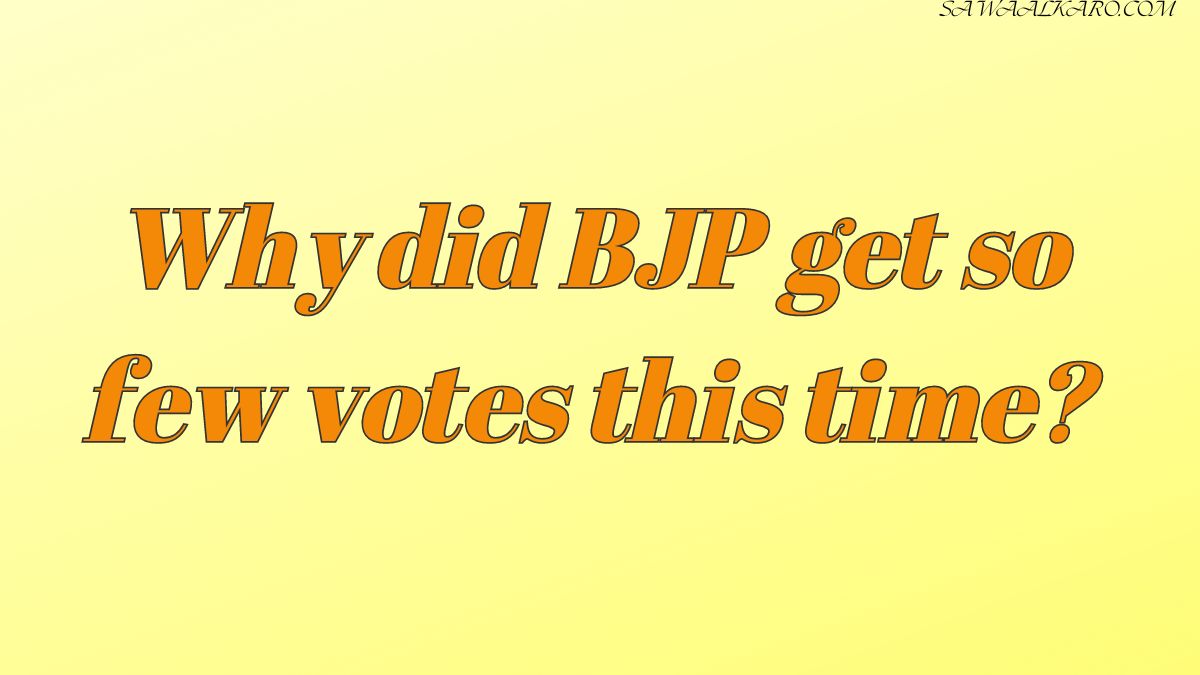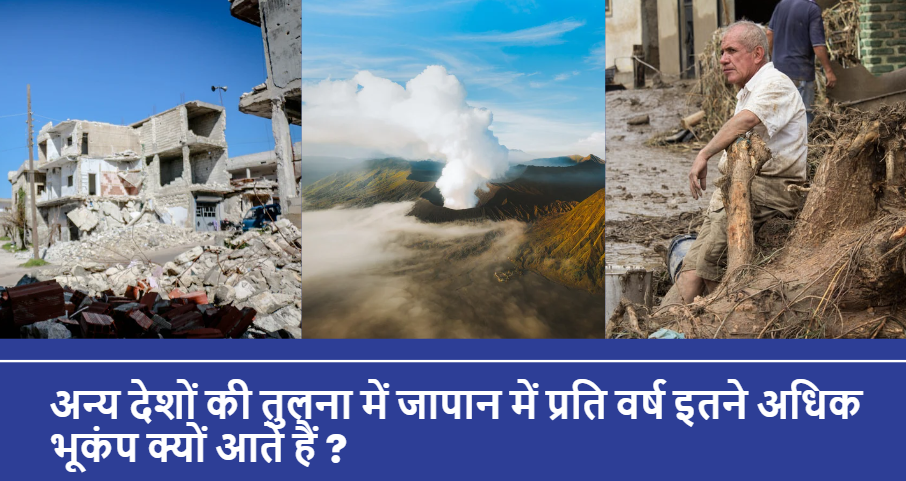Have you ever thought of making offensive videos for YouTube? The terms of service and community norms are on the site. Which are frequently ignored, must be acknowledged, even though using offensive language may seem like a quick route to fame. It’s important to realize that YouTube has strict policies against vulgarity. Disregarding these rules may have dire repercussions. I’m going to outline the best practices that are okay to follow.
1. When to Use Abusive Language: The Style?
Determine who your intended audience is and consider whether strong language is in line with their tastes.What makes YouTubers filter words? Which rules apply to vulgarity on YouTube now?
Is there an 18+ section on YouTube?
Viewers must be 18 years of age or older and logged in to watch videos that have age restrictions on YouTube. Some YouTube sections do not display these restricted videos, which may also have little or no advertising.
2. Use of Beep Sound?
To ensure adherence to YouTube’s community guidelines. Content creators deliberately mute explicit terms in their content. by strategically utilizing beep noises. This strategy follows the rules but makes the audience laugh or become tense. Thus increasing participation. This tactical approach efficiently sustains audience interest. By producing compelling and compliant information while navigating constraints.
3. Terms and conditions of Abusive language
Even though it can be a popularity trick, there are tight rules protecting user safety. And inclusivity when it comes to using profanity in YouTube videos. Content providers must abide by regulations such as:
- Prohibition of Offensive Words:Do not use obscene, insulting, or improper language in their videos, as it is strictly forbidden for content providers. Check this out.
- Compliance with Community Guidelines:The community guidelines on YouTube, which expressly forbid the use of inappropriate language and content, must be followed by creators.
- Restriction on Monetization:Advertisers typically avoid partnering with content that violates community standards; videos that use profanity may have limitations on their ability to be monetized.
- Limitations on Age: Age restrictions may apply to content including explicit language, limiting the number of people who can watch the film.
- Mechanism of Reporting: YouTube’s moderation team is reviewing videos that are reported by users, who are encouraged to do so.
To sum up, creators should actively balance popularity with YouTube’s policies to ensure a positive experience. By adhering to these guidelines,. It will ensure respectful online environments and widespread participation. Profanity actively shapes the platform’s dynamic ecosystem, impacting age limitations, revenue, community standards, and watchful reporting. Click here for more.









